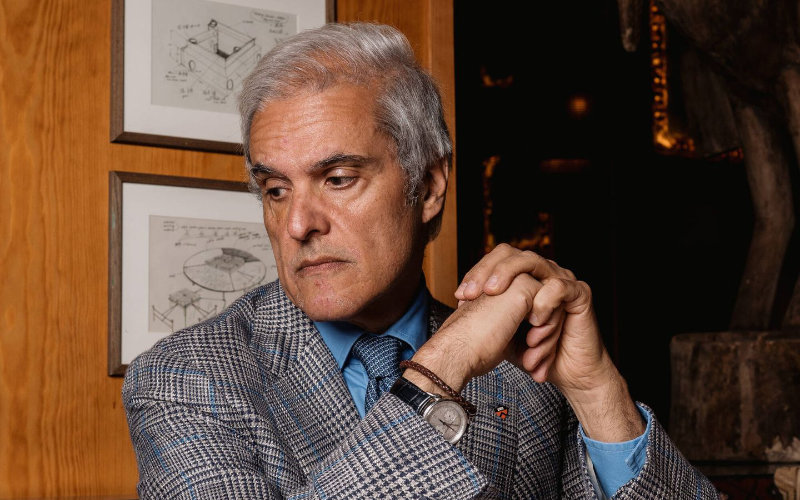Morocco’s Royal Dilemma: Balancing Israel Alliance and Palestinian Solidarity

Moulay Hicham, cousin of King Mohammed VI, believes the Morocco-Israel alliance is "structural", inherited from Hassan II, and is now at the heart of a dilemma: national security versus pro-Palestinian public opinion. He advocates for direct dialogue between Moroccan and Israeli civil societies.
In an interview with El Confidential, Prince Moulay Hicham Alaoui, a researcher at Princeton University and cousin of King Mohammed VI, provided an uncompromising analysis of the situation in the Middle East. He now qualifies the events in Gaza as a "genocide" and describes Arab regimes caught between their desire to please the United States and the growing anger of their peoples, who are showing increasing solidarity with the Palestinians.
According to him, Israel’s military victory, including against Iran, has opened a "window to once and for all settle the Palestinian issue." He believes the Israeli government, now imbued with a "messianic" ideology, has lost the political and moral battle. In this context, he considers the two-state solution "impossible" due to the colonization, and predicts that the Palestinians, through a "courageous struggle", will ultimately prevail, even if a future solution will have to take new forms such as a "confederation" or "shared sovereignty."
The case of Morocco is at the heart of his analysis. The prince describes it as "trapped in this dilemma": on the one hand, a fervent popular support for the Palestinian cause; on the other, a strategic alliance where "Israel is the main pillar of its security." This relationship, which he describes as "structural," is not new but has been inherited from the era of King Hassan II and remains deeply rooted in the state apparatus.
He explains that this alliance was born from a pragmatic calculation of his uncle, who, aware of the "double game" of other Arab regimes, used cooperation with the Mossad to guarantee the security of the Kingdom and counter the influence of Algeria. This aid, particularly technological and military, has allowed Morocco to achieve and then "surpass" military parity with its neighbor, consolidating a relationship that goes beyond surface diplomatic considerations.
Faced with the current situation, Moulay Hicham calls on Morocco to show "courage" and redefine its policy. He does not advocate a break in relations, but a clear dissociation: "break the alliance with Netanyahu without harming our deep relationship with the Israeli people." Concretely, he suggests encouraging direct dialogue between Moroccan and Israeli civil societies, while adopting a firm "moral stance": unambiguously denouncing the actions taken in Gaza, refusing that Moroccan territory be used as a transit for weapons, and joining international legal efforts.
Related Articles
-

Moroccan Residents in Spain Stranded by Airline Policy Clash, Risking Academic and Career Futures
10 September 2025
-

Obesity Crisis Grips Morocco: 1 in 7 Adults at Risk by 2025, Urban Areas Hit Hardest
9 September 2025
-

Morocco Clarifies Fines for International License Plates Amid Road Safety Push
9 September 2025
-

Senior Police Officer Caught Red-Handed in Bribery Sting Operation in Meknes
9 September 2025
-

Morocco Cracks Down on Rampant Misuse of State Vehicles by Officials
9 September 2025